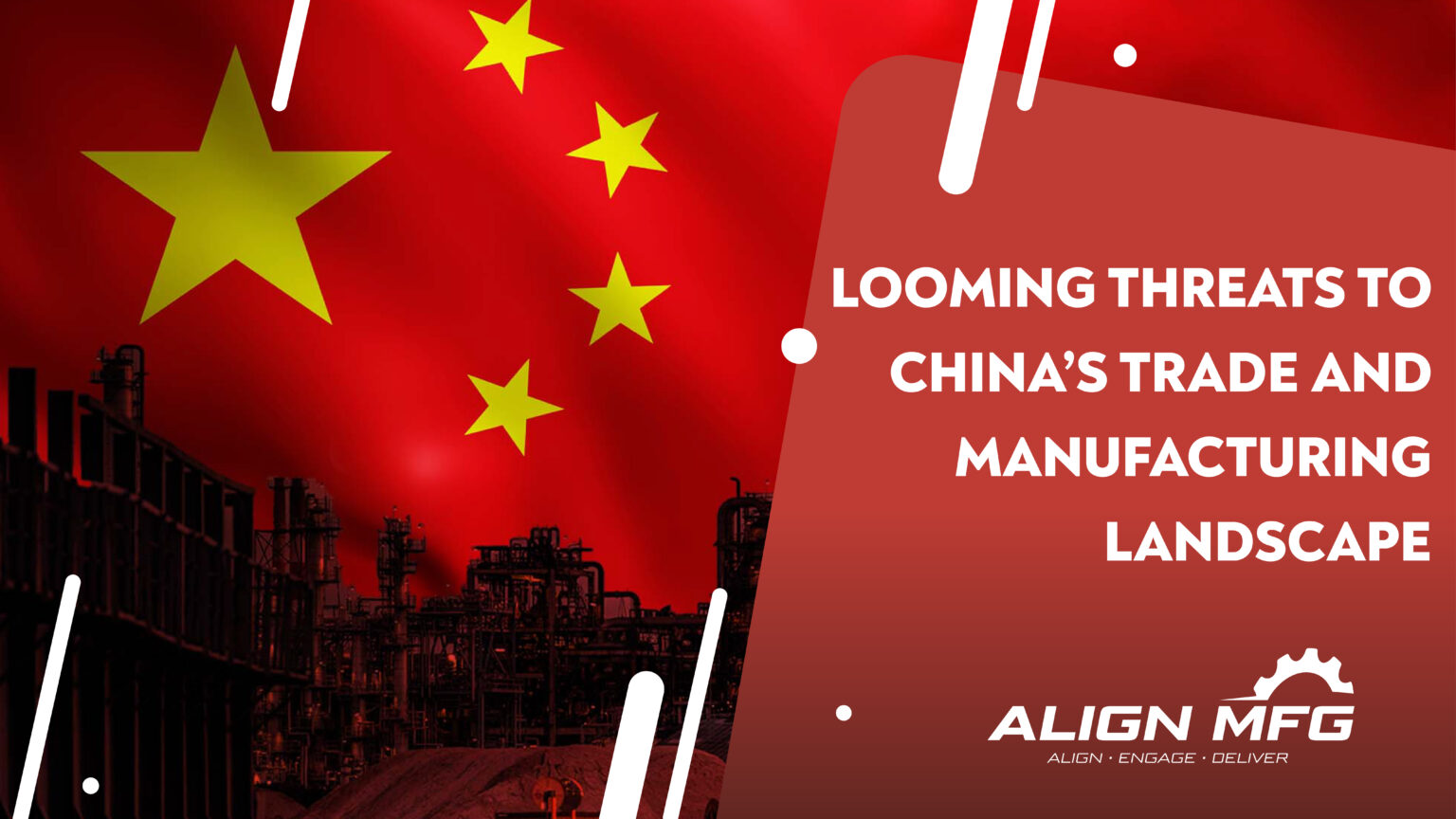
Looming Threats to China’s Trade and Manufacturing Landscape
The relationship between the US and China has been deteriorating over recent years, as evidenced by ongoing trade wars, trade deficits, military posturing, and ideological conflicts. The imposition of tariffs on Chinese goods by the Trump administration aimed to correct trade imbalances and address concerns over intellectual property theft and unfair trade practices. The continuance of tariffs under the Biden administration indicates a bipartisan consensus on the need to address these issues.
In the absence of any positive breakthrough between the two nations, the potential for future tariff increases remains high. Nor is the US alone; the EU recently raised its tariffs on Chinese-made electric cars, a move which could lead to more such trade barriers on both sides.
The mere possibility of a tariff increase creates an unstable environment for manufacturers reliant on Chinese imports. Notably, tariffs on Chinese goods have resulted in an estimated $195 billion in additional costs for American consumers and businesses since 2018.
Trump has stated that if he is re-elected, he may increase tariffs on Chinese goods to 60% or more, undermining any remaining cost competitiveness for almost every category of goods manufactured in China. Yet regardless of what the next administration may do, relocating to a different country is the only way for OEMs to reliably eliminate the punitive 301 tariffs and maintain efficiency in areas like parts manufacturing.
Increasing age
China’s rapidly aging population will soon lead to increased labor costs alongside a smaller talent pool, making the country significantly less attractive for the production of goods. By 2035, it is projected that nearly one-third of China’s population will be over 60 years old.
Relocating to regions with younger populations and growing workforces can provide OEMs with a more sustainable labor supply, reducing the costs associated with talent shortages and enhancing their capabilities in areas such as component manufacturing.
Increasing authoritarianism
The Chinese government’s consolidation of control over business operations and foreign investments poses significant supply chain risks, particularly in the form of sudden regulatory changes and increased scrutiny. For example, the Chinese government has imposed strict regulations on data security which directly impact projects affiliated with foreign companies. Additionally, firms may need to implement robust compliance and risk management frameworks to navigate China’s complex regulatory landscape.
In this environment, American businesses face difficulty protecting their intellectual property and maintaining their competitive advantage. Proactively moving production to greener pastures can help companies safeguard their interests.
It is also worth noting that China is the only adversary nation with which the US has an extensive trade relationship. Continuing tensions between these two nations suggests that future trade relationships may be difficult to sustain moving forward, to say nothing of potential national security concerns.
As businesses consider their future in a global market, understanding these dynamics is crucial for maintaining competitiveness and securing operational stability.
About Align Manufacturing:
Align Manufacturing, based in Bangkok, specializes in delivering high-quality industrial production solutions. Our expertise ranges from intricate sand casting and robust forging to efficacious stamping and state-of-the-art precision machining. This diverse capability ensures that we meet the complex needs of our clients with meticulous attention to detail and seamless communication. Partner with Align Manufacturing for efficient and precise manufacturing outcomes tailored to your project's success.
Note:
This article is part of an ongoing series exploring why US-based companies need to move their manufacturing operations outside of China.
To read the next article, click HERE.
To download the entire series as a report, click the button below.

